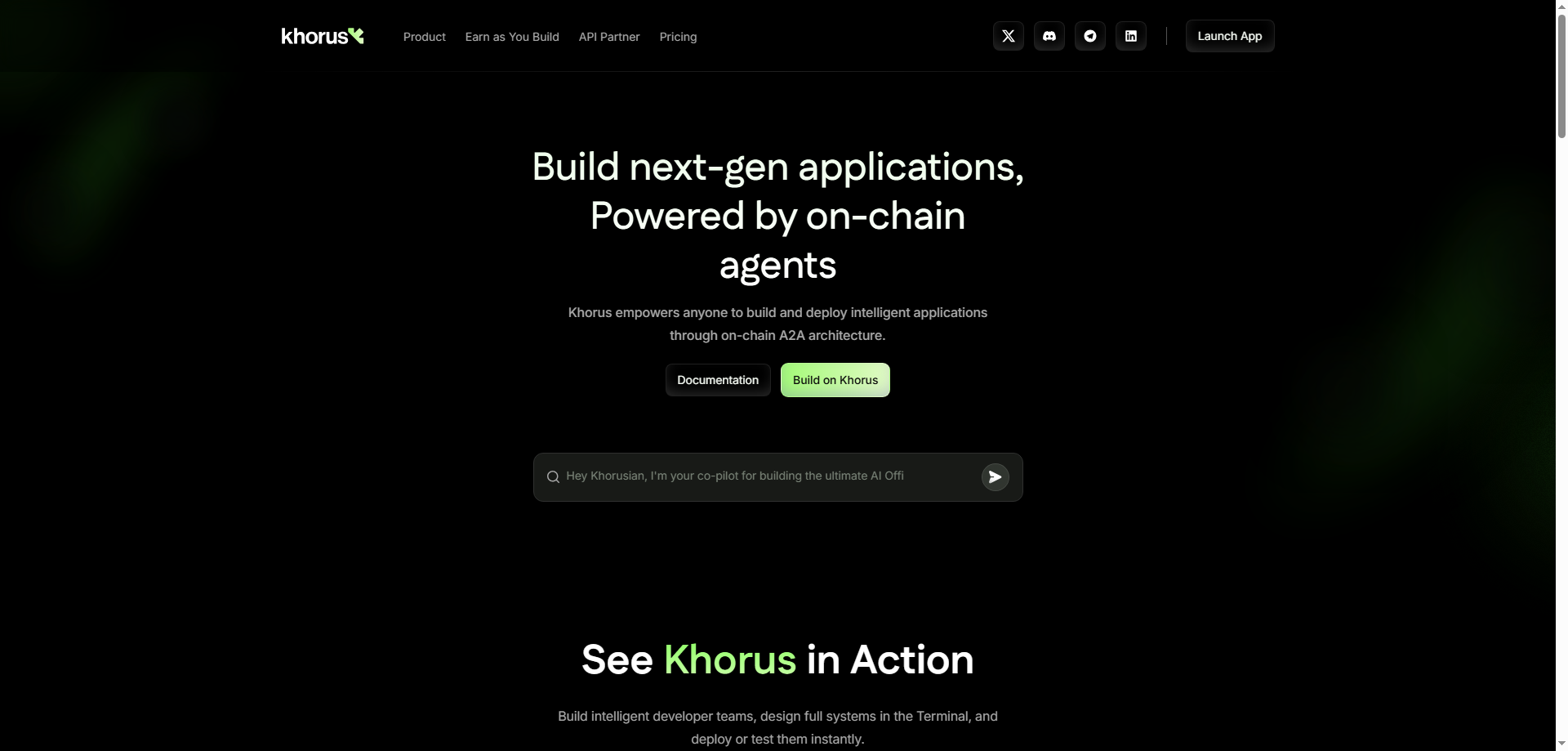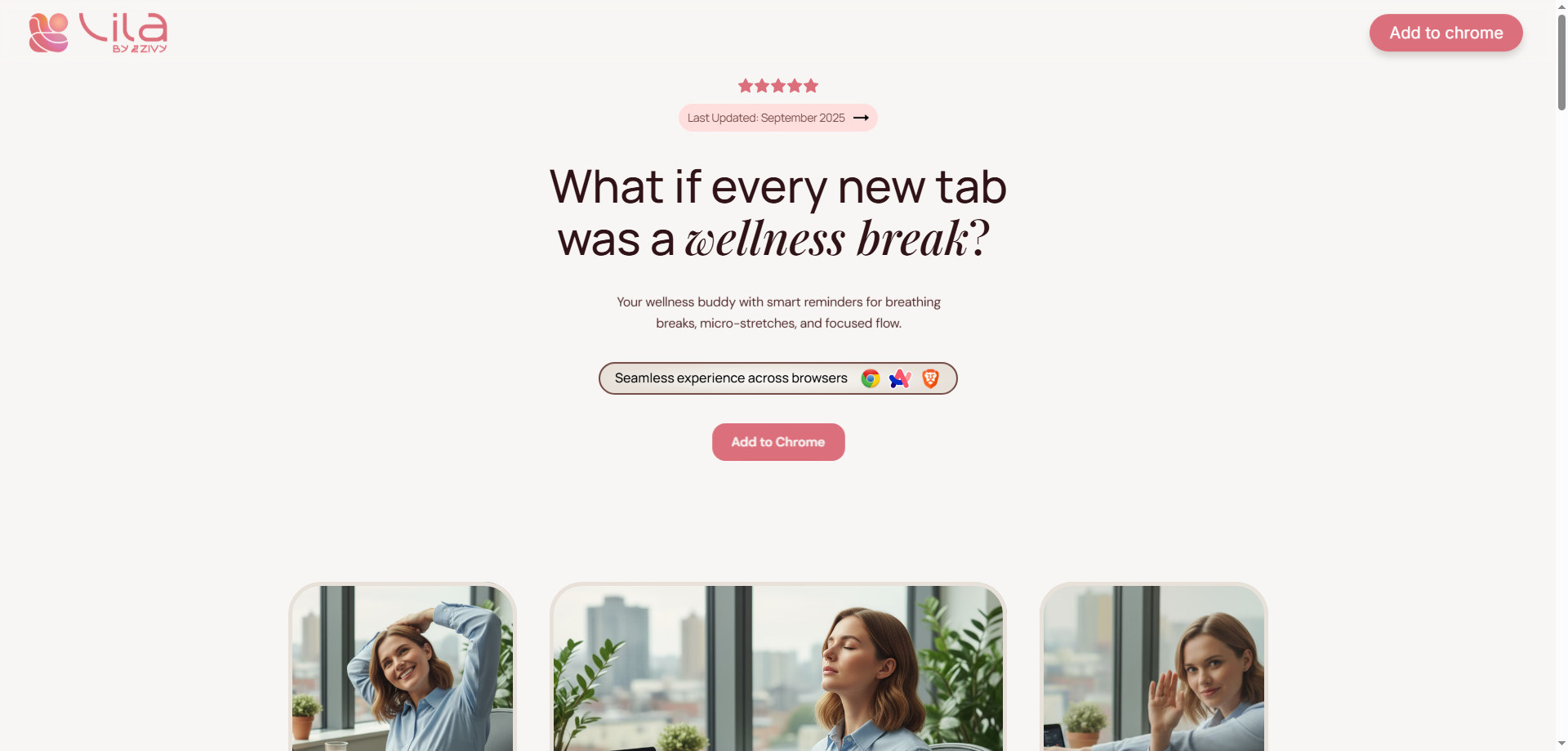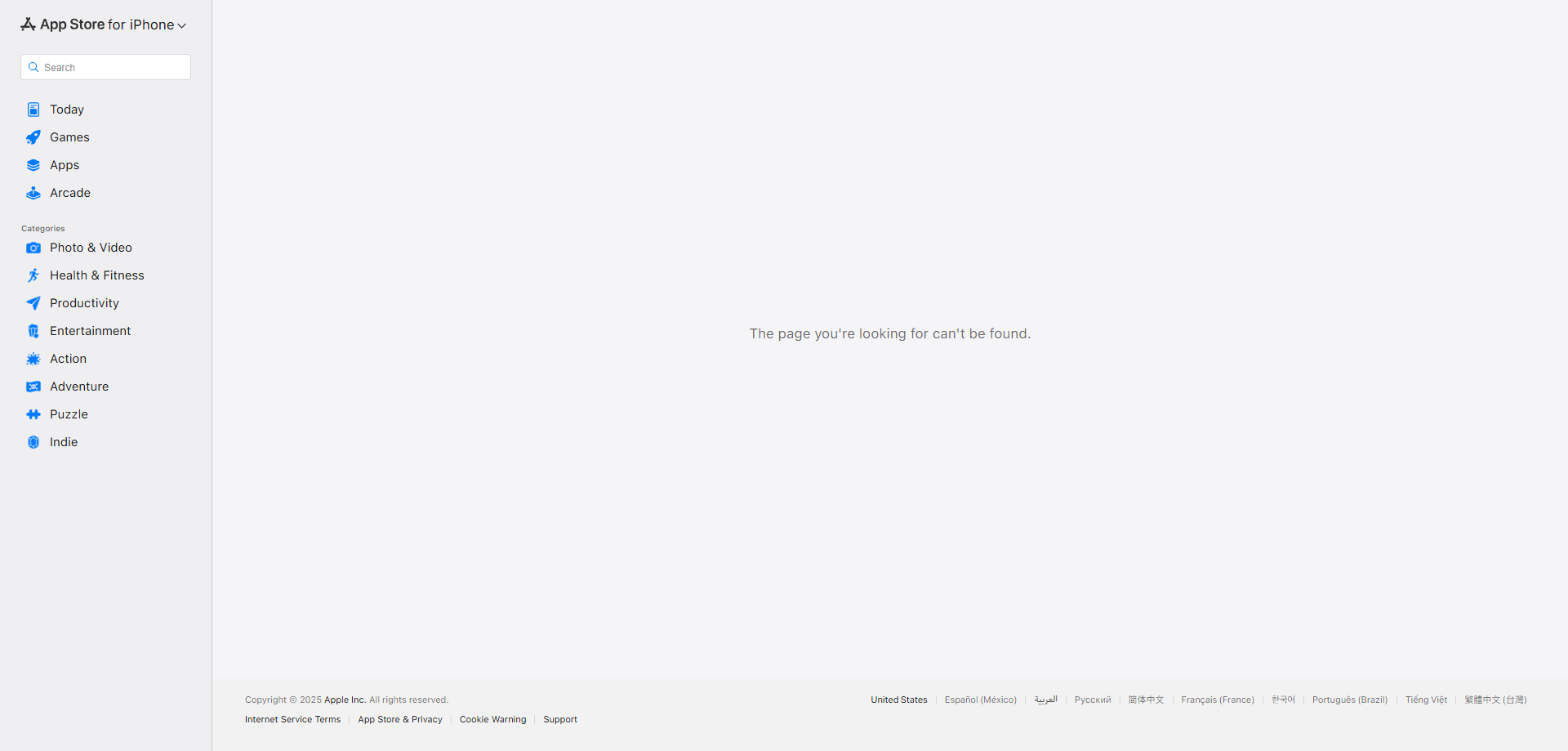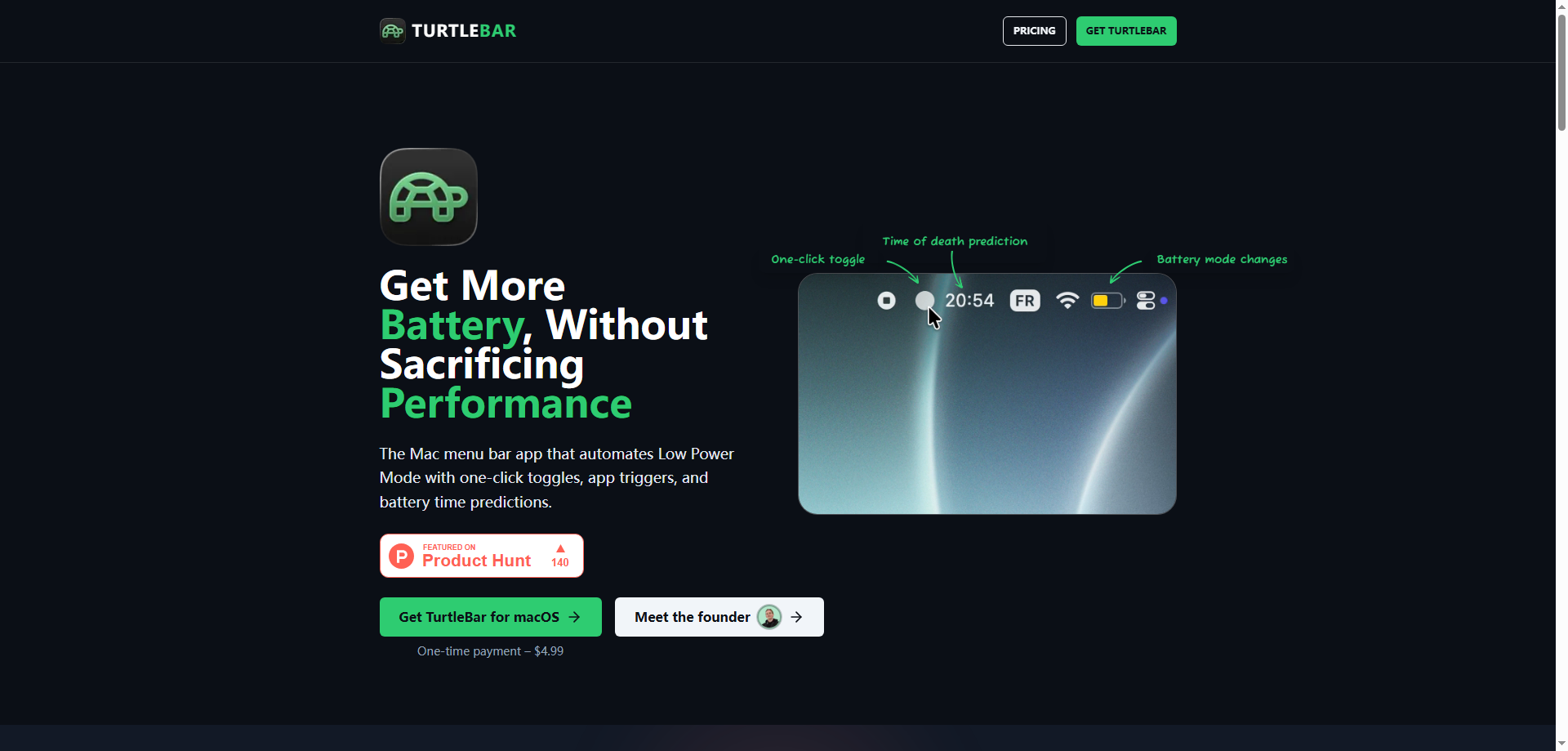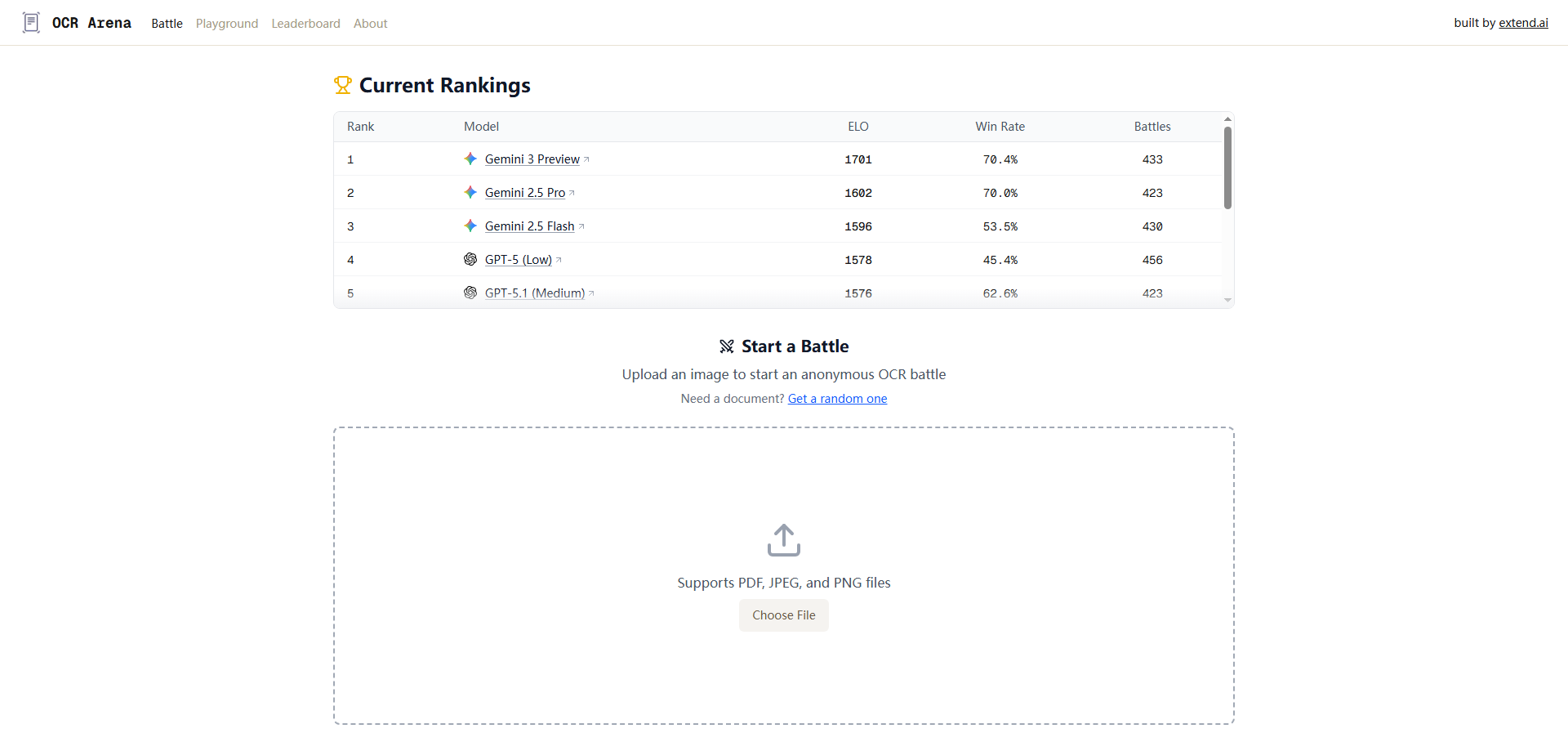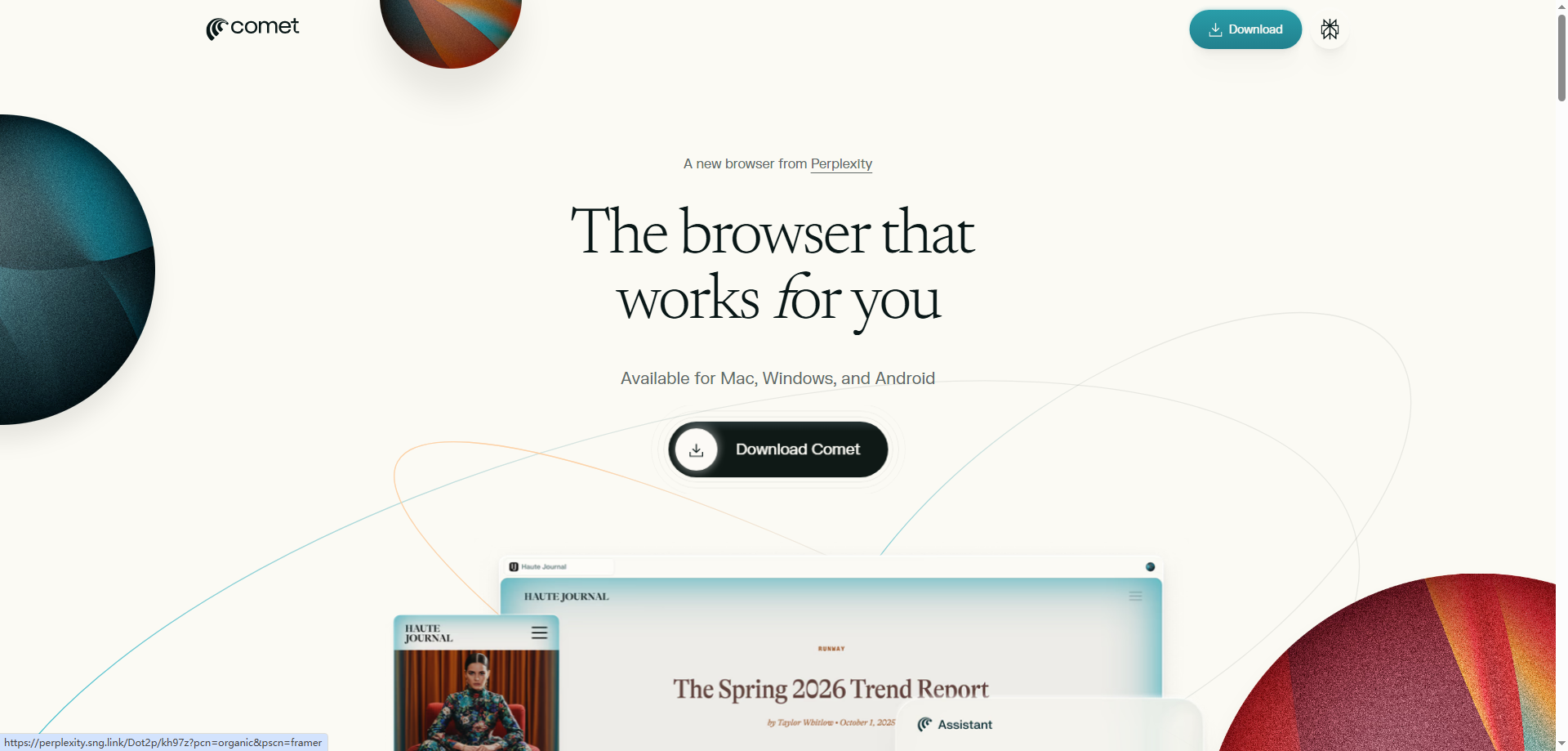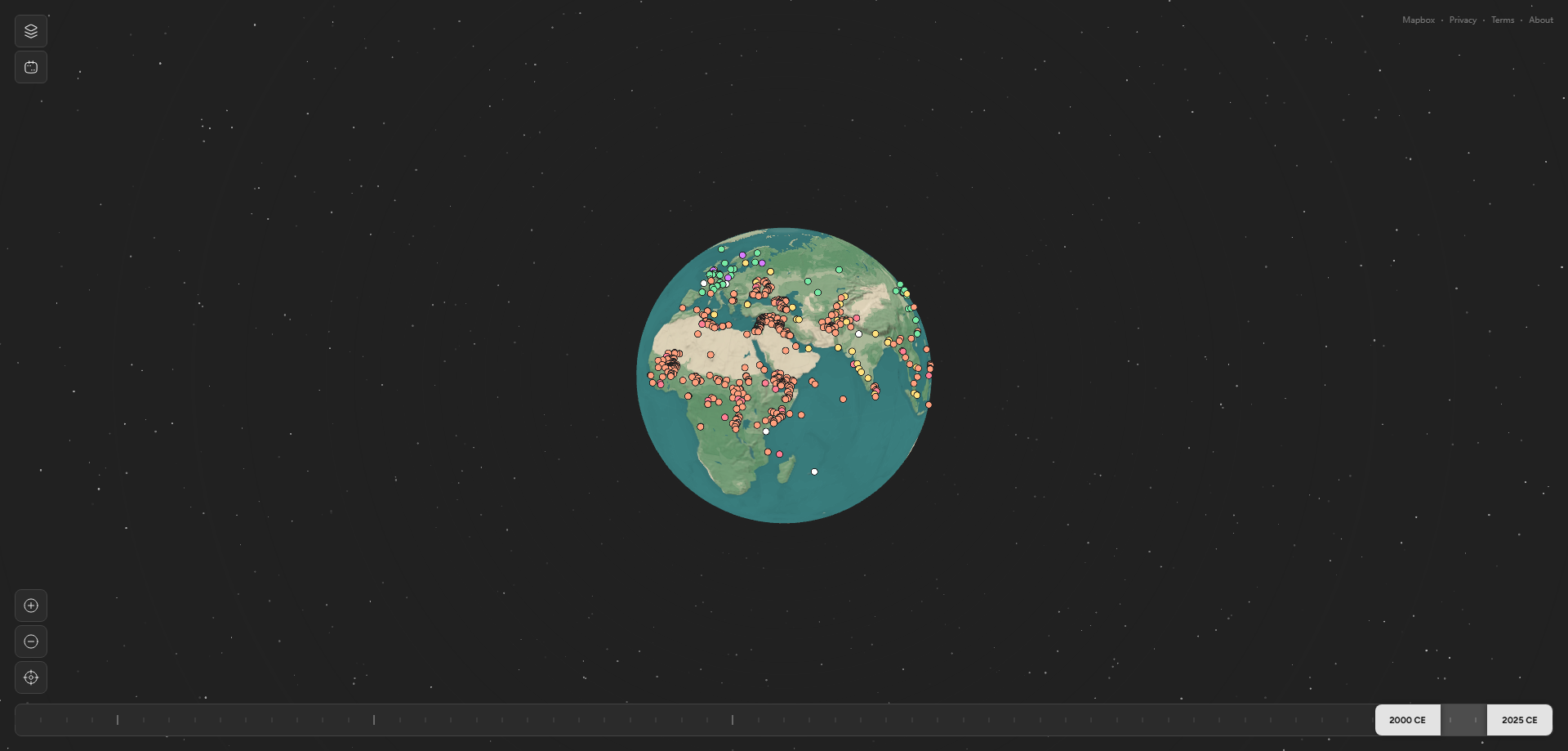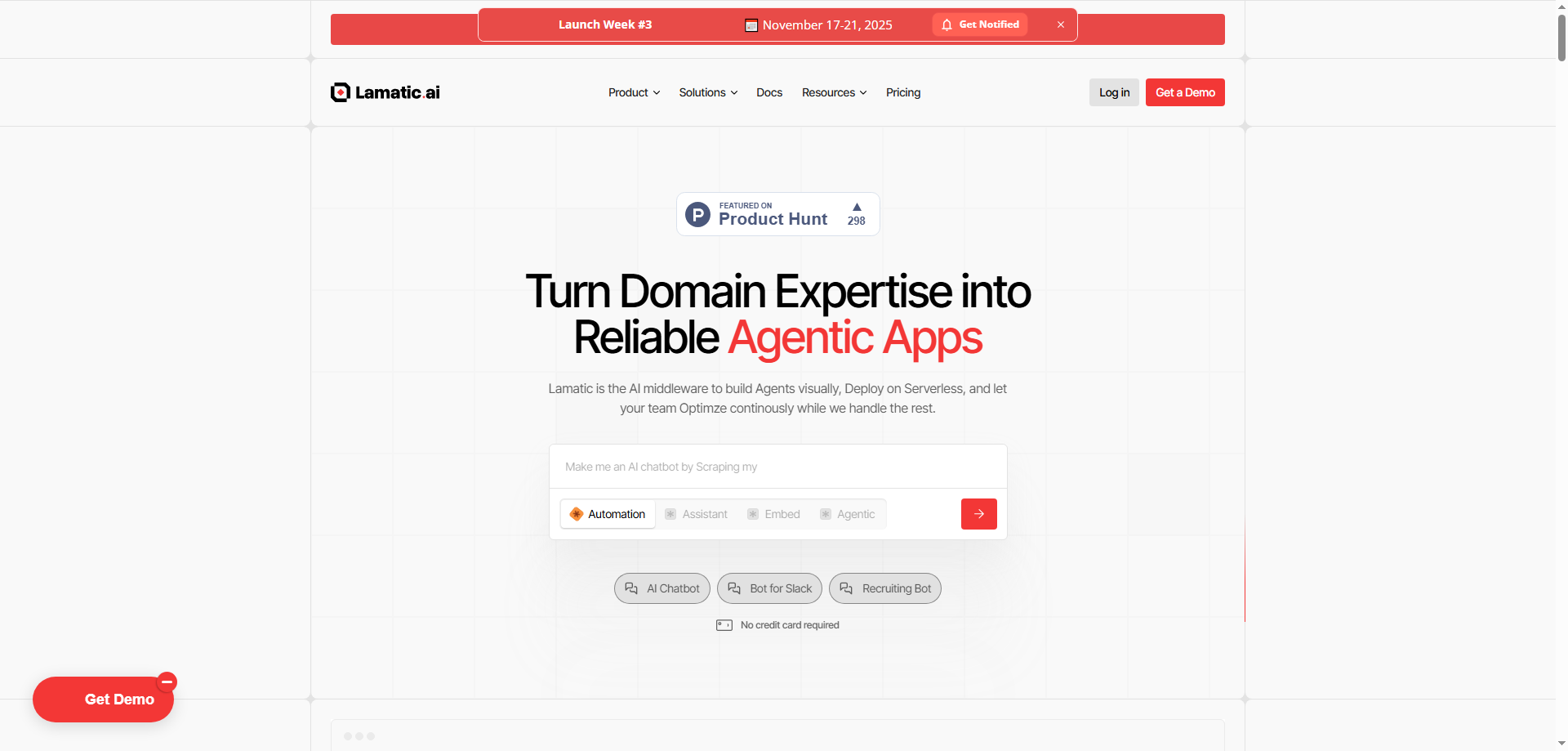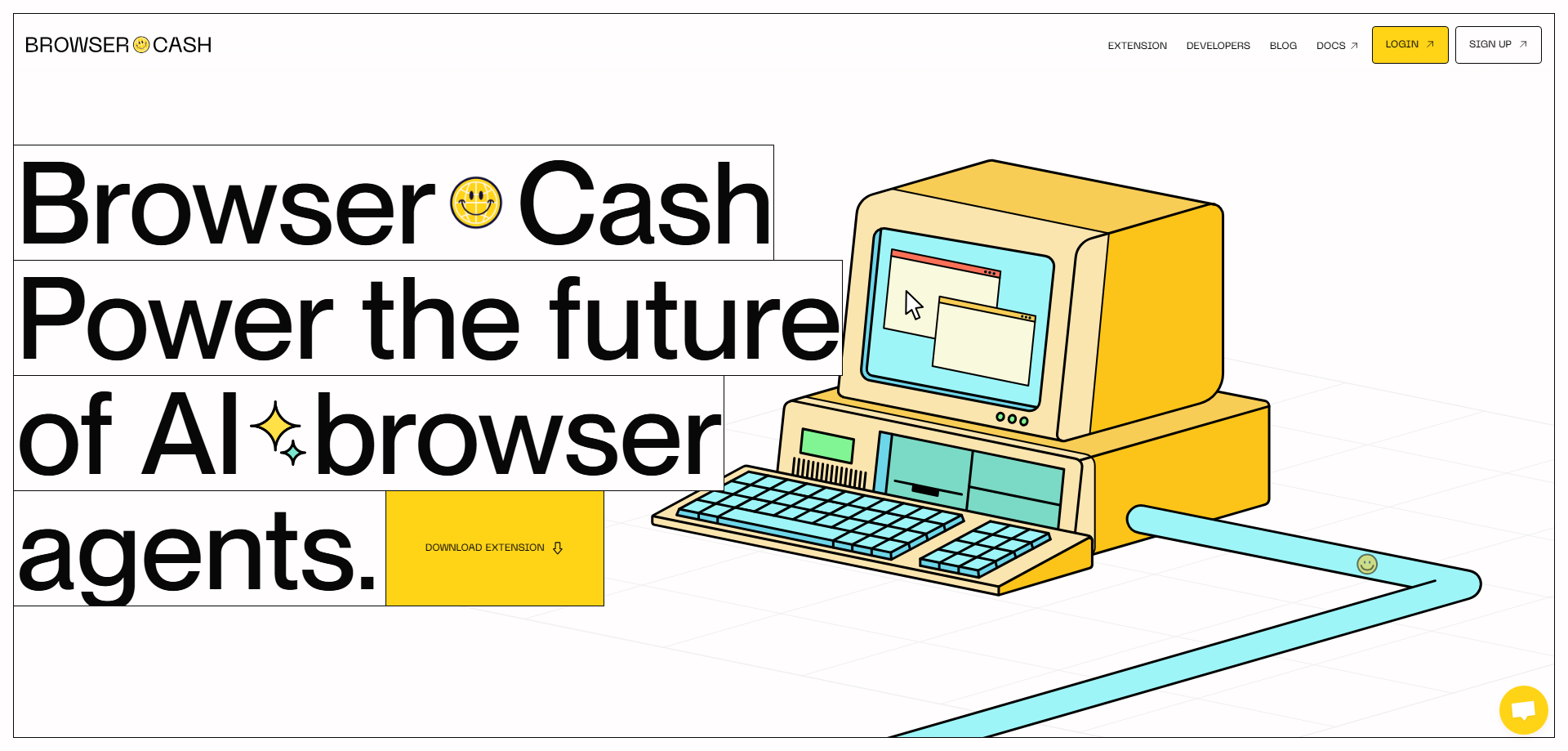The Creative Ambition: AI Agents as Teammates
When I first read about Khorus, my immediate reaction was "this is either brilliantly visionary or hopelessly complicated." After deep analysis, I believe it's genuinely both. Khorus represents one of the most creatively ambitious attempts I've seen to reimagine how software gets built—by having AI agents collaborate on-chain like a virtual development team.
The creative genius here lies in recognizing that current AI development tools operate in isolation. GitHub Copilot helps you code, ChatGPT helps you brainstorm, other tools handle specific tasks—but they don't collaborate with each other. Each AI interaction is independent. You're constantly copy-pasting between tools, maintaining context manually, and serving as the integration layer between disparate AI capabilities.
Khorus envisions something fundamentally different: AI agents that communicate directly with each other, share reasoning processes, and coordinate autonomously to achieve complex goals. This agent-to-agent (A2A) infrastructure represents a conceptual leap from "AI helps humans" to "AI teams work together."
What strikes me as particularly creative is the role-based agent system. Instead of generic AI assistants, Khorus provides specialized agents—developer agents, project manager agents, analyst agents, security experts. Each has distinct personality and expertise, mimicking how real human teams function with specialized roles. This specialization could enable more sophisticated collective intelligence than single generalist AI models.
The blockchain foundation is where creativity meets complexity. By building on ERC-8004 and x402 standards (protocols for agent communication), Khorus creates infrastructure where agents don't just exchange data but share reasoning processes on-chain. This means the collaborative intelligence is transparent, verifiable, and potentially composable in ways centralized AI systems can't match.
The "Cursor for agents" positioning is clever framing. Cursor has become beloved by developers for AI-assisted coding. Khorus extends this concept—instead of one AI helping one human, multiple specialized AI agents collaborate autonomously. If Cursor transformed individual coding productivity, Khorus could transform team-based development.
The tokenization capability adds another creative layer. Applications built with Khorus agents can be tokenized, creating novel business models and incentive structures. Imagine agents whose work generates tokens, aligning AI contribution with economic value. This bridges AI automation and crypto economics in ways we haven't seen before.
From a creative vision perspective, Khorus is attempting to architect the future of work where humans direct AI teams rather than performing tasks themselves. You become a conductor orchestrating specialized AI agents rather than a worker executing tasks. This shift from "doing" to "directing" is philosophically significant.
The extensible role system shows forward-thinking creativity. Rather than locking into fixed agent types, Khorus promises to continuously add new roles matching evolving needs. As new specializations emerge, new agent types can be deployed, creating an expanding ecosystem of AI capabilities.
However, I must acknowledge that this creative vision is also extraordinarily complex. Multiple AI agents coordinating on blockchain with specialized roles, shared reasoning, and tokenized outputs—each component is cutting-edge, and combining them all is architecturally ambitious to the point of potentially being unwieldy.
Can Khorus Disrupt How Software Gets Built?
Examining whether this agent collaboration platform can replace existing development tools and workflows, I see both revolutionary potential and massive practical obstacles.
Versus Traditional Development Teams: Could Khorus agents genuinely replace human developers, project managers, and analysts? In theory, the cost savings and speed advantages would be enormous. AI agents don't need salaries, don't get tired, and work 24/7. For certain well-defined projects, particularly in blockchain/Web3 where Khorus is optimized, agent teams might eventually deliver comparable results faster and cheaper.
However, software development involves creativity, intuition, understanding user needs, making strategic trade-offs, and navigating ambiguity—capabilities AI agents don't reliably possess yet. Khorus might handle execution tasks competently but struggle with the creative and strategic thinking that human teams provide.
I think the realistic disruption scenario is Khorus augmenting rather than replacing human teams. Developers direct agent teams to handle routine coding, analysis, and testing while humans focus on architecture, product decisions, and complex problem-solving.
Versus Single AI Assistants (Cursor, Copilot, etc.): These tools help individual developers code faster but don't provide comprehensive project execution. Khorus promises to handle not just coding but coordination, analysis, security review—the full development lifecycle through agent collaboration.
If this works, it's genuinely disruptive to single-function AI tools. Why use five separate AI assistants when one platform coordinates specialized agents handling everything? However, this assumes Khorus's multi-agent coordination actually works reliably, which is a massive technical challenge.
Versus Web2 Project Management and Collaboration Tools: Platforms like Jira, Asana, Slack, and GitHub enable human team coordination. Khorus proposes replacing much of this human coordination with agent-to-agent communication. Agents manage their own tasks, report progress, identify blockers, and resolve issues collaboratively.
The disruption potential here depends entirely on whether agent collaboration can match human judgment and communication effectiveness. I'm skeptical that current AI capabilities support this level of autonomous coordination, but if achieved, it would transform how projects are managed.
Versus Traditional Blockchain Development: Building decentralized applications currently requires deep expertise in Solidity, smart contract security, consensus mechanisms, and blockchain architecture. If Khorus agents can competently handle these complexities, it could democratize Web3 development significantly.
However, blockchain development carries enormous risk—bugs can lead to exploits costing millions. Trusting AI agents to write secure smart contracts without rigorous human review is terrifying. Khorus would need to prove exceptional reliability before developers trust agents with production blockchain code.
Where Khorus Won't Disrupt: Complex enterprise software, safety-critical systems, highly creative products requiring unique vision, and domains requiring deep regulatory expertise will continue needing human developers. The creative and strategic aspects of software development remain distinctly human territory.
The Blockchain Dependency Question: Khorus is built for on-chain applications. This focus limits addressable market to Web3 developers—a much smaller audience than general software development. Unless Khorus expands beyond blockchain use cases, disruption potential is inherently constrained to a niche market.
The Real Disruption Possibility: If—and this is a massive if—Khorus can demonstrate that agent collaboration genuinely accelerates blockchain development without sacrificing quality, it could become essential infrastructure for Web3. But proving this requires overcoming extraordinary technical challenges in AI coordination, blockchain integration, and development quality assurance.
User Acceptance: Who Will Trust Agent Teams?
From a practical needs perspective, analyzing user acceptance for Khorus requires understanding the intersection of two complex, emerging technologies—advanced AI and blockchain. This combination presents serious adoption challenges.
The Web3 Developer Segment: Blockchain developers are Khorus's obvious target audience. They understand decentralized systems, are comfortable with experimental technology, and constantly seek tools to simplify complex blockchain development.
However, even crypto-native developers will scrutinize whether AI agents can actually write secure smart contracts and handle the nuances of blockchain development. The 121 upvotes and only 5 discussions on Product Hunt suggest limited enthusiasm even from this technically sophisticated audience. This lukewarm reception concerns me about product-market fit.
The Conceptual Complexity Barrier: Understanding Khorus requires grasping multiple advanced concepts—AI agents, agent-to-agent communication, blockchain infrastructure, smart contracts, ERC-8004 standard, tokenization. The cognitive load is enormous. Most developers struggle to explain this to themselves, let alone to stakeholders or investors.
This complexity creates significant adoption friction. Even if Khorus works brilliantly, explaining and evangelizing it is extraordinarily difficult.
The Trust Challenge: Trusting a single AI with code is already a leap. Trusting multiple AI agents coordinating autonomously on blockchain with minimal human oversight? That's several leaps further. Developers need confidence that agent decisions are sound, coordination is effective, and outputs are production-ready.
Building this trust requires extensive proof—case studies, successful projects, transparent agent reasoning, and ideally some form of guarantee or insurance against agent errors causing financial loss.
The Use Case Clarity Problem: I'm struggling to identify the killer use case for Khorus. Yes, it could theoretically help build blockchain apps, but so can human developers, traditional tools, and simpler AI assistants. What specific problem does Khorus solve so much better than alternatives that developers will overcome the complexity learning curve?
Without a clear, compelling answer to "why would I use this instead of existing tools," adoption will remain limited to experimental early adopters.
The Blockchain-Only Limitation: Khorus is specifically designed for on-chain applications. This immediately excludes the vast majority of software development. Even developers interested in AI agents for development might not work in blockchain, making Khorus irrelevant to their needs.
The Technical Expertise Requirement: Despite promises of democratization, using Khorus effectively likely requires deep understanding of both AI agent systems and blockchain development. This narrows the potential user base to a small intersection of AI and crypto expertise.
Acceptance Drivers:
- Clear demonstrations of agent teams successfully building functional applications
- Transparent agent reasoning so users understand decisions being made
- Strong security guarantees and audit trails
- Compelling cost and speed advantages over human teams
- Active community sharing successful use cases
Acceptance Barriers:
- Extreme conceptual complexity
- Unclear value proposition compared to existing tools
- Trust concerns about autonomous agent decisions
- Limited to blockchain development
- Very low initial Product Hunt engagement
- Potential for catastrophic failures in smart contract development
Overall, I believe user acceptance will be very limited initially. The product is conceptually ahead of where most developers are ready to go. Even in the crypto community—typically more experimental—enthusiasm appears muted based on Product Hunt metrics.
Survival Rating: 2/5 Stars ⭐⭐
Evaluating Khorus's one-year survival prospects, I'm giving it a concerning 2 out of 5 stars. This reflects that while the vision is bold and the technology is ambitious, the practical challenges and market reality suggest significant survival risk. Let me explain thoroughly.
The Opportunities
Cutting-Edge Technology Intersection: AI agents and blockchain are two of the hottest technology areas. Being at this intersection could attract investor interest and media attention, even if practical adoption is slow.
Crypto Funding Environment: Web3 projects often secure substantial funding based on vision and potential rather than proven traction. If Khorus can articulate a compelling narrative, they might secure resources to continue development despite limited user adoption.
Future-Oriented Positioning: If multi-agent collaboration becomes the next paradigm in AI (which some researchers predict), Khorus would be positioned as an early pioneer. Long-term strategic value exists even if short-term adoption is limited.
Niche Expertise: Being specifically focused on blockchain development could allow them to dominate this niche even if the broader market is small.
The Risks
Extreme Complexity: This is my primary concern. Building infrastructure for AI agents to collaborate effectively is extraordinarily difficult. Adding blockchain adds another layer of complexity. Combining both with agent specialization, tokenization, and on-chain reasoning creates complexity that might be impossible to execute reliably within reasonable timeframes.
Unclear Market Need: The lukewarm Product Hunt response (121 upvotes, 5 discussions) suggests the target market isn't excited about this solution. Perhaps the problem Khorus solves isn't painful enough, or perhaps the solution is too complex to grasp. Either way, limited market enthusiasm is a survival red flag.
Narrow Addressable Market: Being blockchain-specific dramatically limits potential users. Even within crypto, only developers building smart contract applications would need Khorus. This niche within a niche makes achieving sustainable scale extremely difficult.
AI Reliability Questions: Current AI agents struggle with complex coordination, nuanced decision-making, and maintaining context. Building production applications through autonomous agent collaboration requires reliability far beyond what current AI delivers consistently. Technical feasibility remains unproven.
Competition from Simpler Alternatives: Why would developers choose complex multi-agent blockchain coordination when simpler AI coding assistants (Cursor, Copilot, Claude) plus traditional development tools already work? The switching cost to Khorus's paradigm is enormous, and the advantages remain theoretical.
Funding Sustainability: Even with crypto funding, investors eventually demand traction. If user adoption remains minimal after 12 months, securing follow-on funding becomes difficult regardless of technological impressiveness.
Regulatory Uncertainty: AI-generated smart contracts raise significant liability and regulatory questions. If agent-written code contains exploits causing financial losses, who's responsible? These legal ambiguities could severely limit enterprise adoption.
Tokenization Unclear Value: While tokenizing agent-built applications sounds innovative, the practical utility isn't obvious. This might be technology in search of a problem rather than solving a genuine market need.
What Needs to Happen
For Khorus to survive:
-
Demonstrate clear, compelling use cases: They need successful examples of applications built by agent teams that couldn't be built as easily with traditional tools.
-
Radically simplify the concept: The current positioning is too complex for mainstream understanding. They need clearer messaging about what Khorus does and why it matters.
-
Prove agent coordination reliability: Extensive testing and validation showing agents work together effectively without human intervention at every step.
-
Expand beyond blockchain: If the technology works, applying it to broader software development would dramatically increase addressable market.
-
Build community and education: Developers need extensive resources to understand and adopt this fundamentally new paradigm.
-
Secure patient capital: This technology needs years of development. Investors must understand the long timeline before meaningful adoption.
My Honest Assessment
I'm giving 2 out of 5 stars because I see significant survival risk. The technology is extraordinarily ambitious—possibly too ambitious given current AI capabilities and market readiness. The muted market response, narrow positioning, and extreme complexity combine to create serious obstacles.
The most likely scenarios:
Struggle and eventual shutdown (40% probability): User adoption remains minimal, technical challenges prove insurmountable, and after 12-18 months funding dries up. The project either shuts down or pivots to something simpler.
Zombie project (25% probability): Khorus continues existing with minimal adoption, sustained by initial funding or grants. Development continues slowly but never achieves meaningful market penetration. They survive but don't thrive.
Pivot (20% probability): Initial concept doesn't gain traction, and they pivot to a more focused, simpler value proposition—perhaps single-agent blockchain development assistance rather than multi-agent coordination.
Acquired for technology (10% probability): A larger blockchain or AI company acquires Khorus for the underlying technology or team, absorbing the project rather than letting it continue independently.
Breakthrough success (5% probability): Against odds, they solve technical challenges, find product-market fit, and become essential infrastructure for Web3 development. Very unlikely but not impossible.
The 2-star rating reflects realistic assessment that the obstacles likely outweigh the opportunities within a one-year timeframe.
Final Thoughts
After thoroughly analyzing Khorus, I'm left feeling that this is a solution searching for a problem, or perhaps a solution arriving before the market is ready. The vision of AI agents collaborating on blockchain is intellectually fascinating and could represent the future of software development. But "could eventually" and "will within one year" are very different propositions.
The core challenge is that Khorus combines multiple immature, complex technologies in ways that create exponential complexity rather than synergistic value. AI agent reliability remains inconsistent. Blockchain development carries extreme risk. Multi-agent coordination is largely unproven. Combining all three simultaneously is audacious but potentially impractical.
For developers considering Khorus, I'd recommend extreme caution. The platform might be interesting for experimentation or research, but I wouldn't trust autonomous agent teams with production blockchain applications given current AI limitations and the catastrophic potential consequences of smart contract bugs.
If you're passionate about AI agents and blockchain, following Khorus's development might be intellectually rewarding. But for practical development needs, established tools (even simpler AI assistants) likely serve you better for the foreseeable future.
I genuinely hope Khorus succeeds in advancing multi-agent collaboration and blockchain development. The industry needs bold experimentation. But my honest assessment is that this particular vision faces enormous challenges that make survival uncertain and widespread adoption within one year highly unlikely. Sometimes being first is less important than being right, and Khorus might simply be too early for the market it's trying to create.
